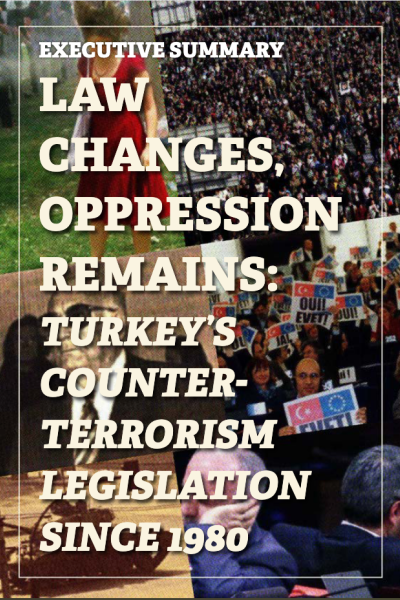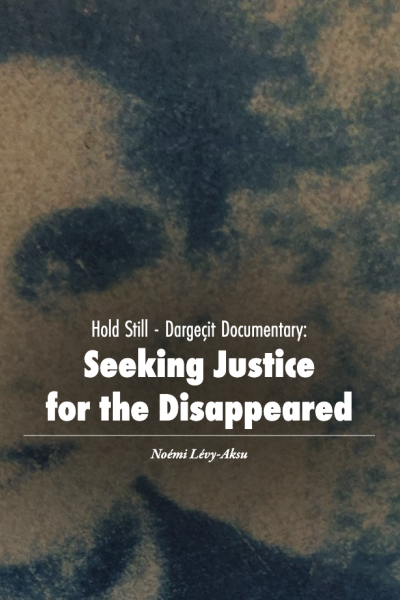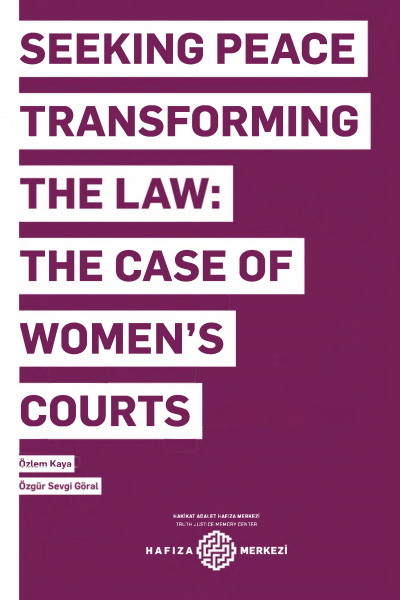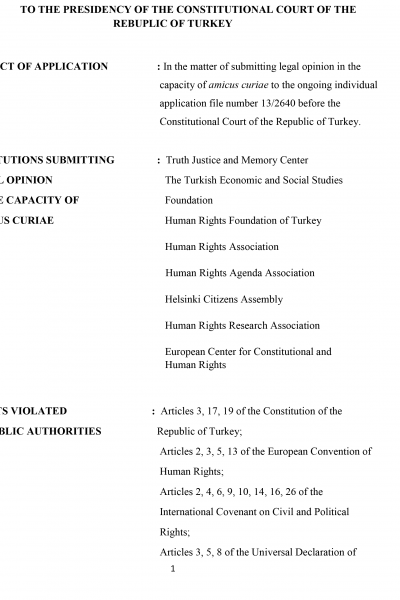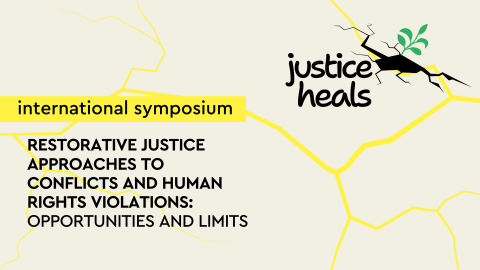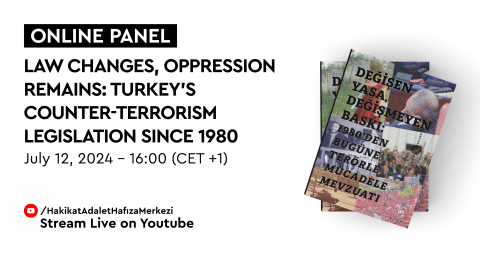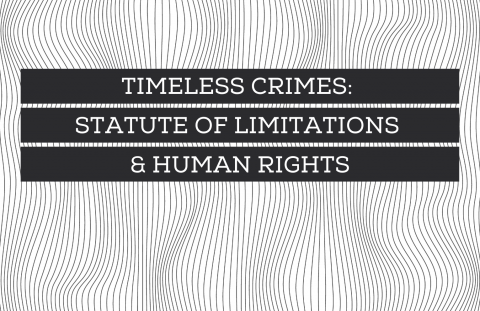Faili Belli: Site for Monitoring Human Rights Trials
Start Date: 01.01.2015
End Date: Ongoing
Website: https://www.failibelli.org/en/
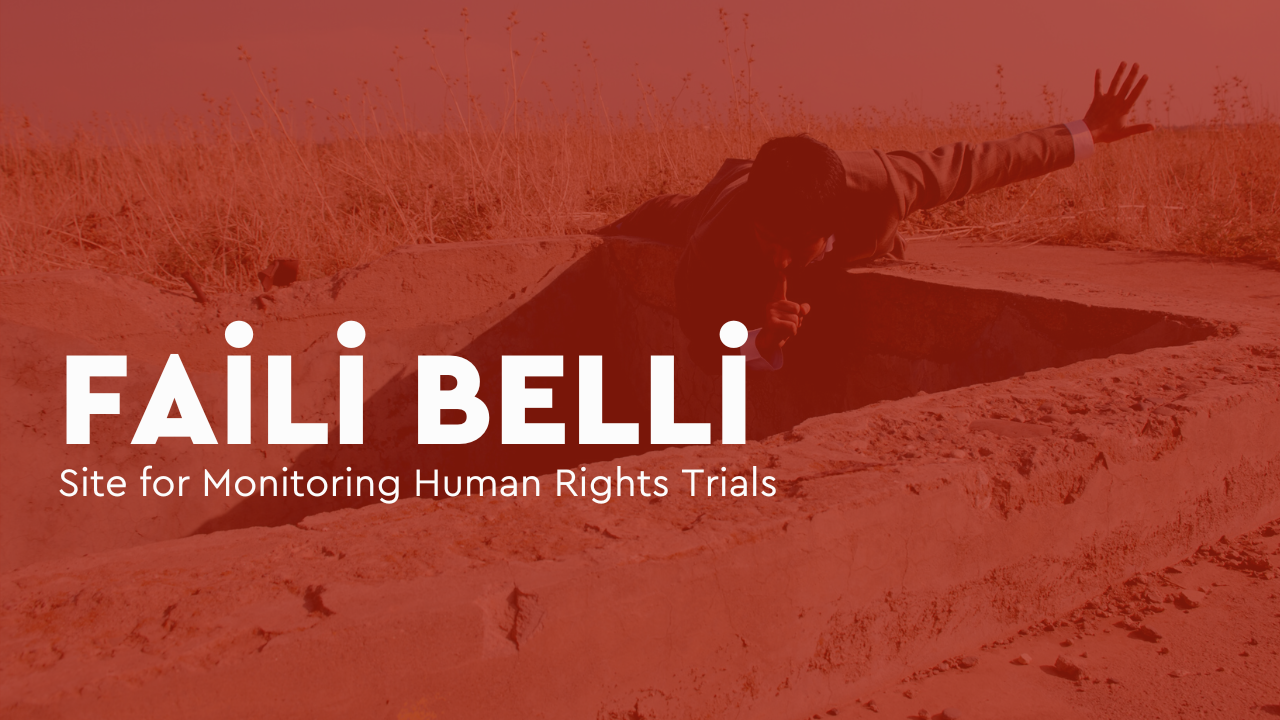
Faili Belli is a digital archive where you can find the outcomes of Hafıza Merkezi’s monitoring work related to the trials of gross human rights violations in Turkey's recent history.
► Click here to visit Faili Belli website.
Objective
The site aims to closely monitor the criminal trial processes related to state officials allegedly involved in severe human rights violations. The objective includes objectively recording events in courtrooms, creating a publicly accessible archive based on reliable information, and ultimately contributing to raising societal awareness about impunity.
Reasoning
The monitored trials are of critical importance as they provide a ground for addressing a violent past and reveal how past violations continue to impact the present. The lack of accountability for past human rights abuses invites new violations and perpetuates impunity. Although criminal trials alone may not fully answer the call for justice by the victims of state violence, they have the potential to break the cycle of impunity and create a space for the truth to be spoken.
The state is obligated to uncover the truth concerning severe human rights violations, not only for the benefit of the victims but for the whole society. This includes identifying, investigating, and appropriately punishing those responsible. All parties involved in the judicial process have a public responsibility to fulfill this duty. Citizens and civil society have the right to monitor and oversee how the judiciary carries out this duty. Strengthening the solidarity between monitoring organizations and contributing to the development of networks and platforms for this purpose are of significant importance for Hafıza Merkezi.
Content
The website provides background information on the cases, compiled news articles, monitoring reports, as well as intervention tools such as analytical writings, article translations, legal sources, and sample petitions.Hafıza Merkezi began its monitoring work with cases related to unlawful executions and forced disappearances that occurred extensively and systematically with the involvement of state officials in the 1990s. Over time, the scope of the monitoring work expanded. Today, it includes cases that address violations of the right to life caused by lethal force used by state security officials, especially deaths resulting from the increased use of tanks and armored vehicles, both during demonstrations and in daily life. This allows for a current and concrete analysis of the judiciary's stance against various forms of state violence.
